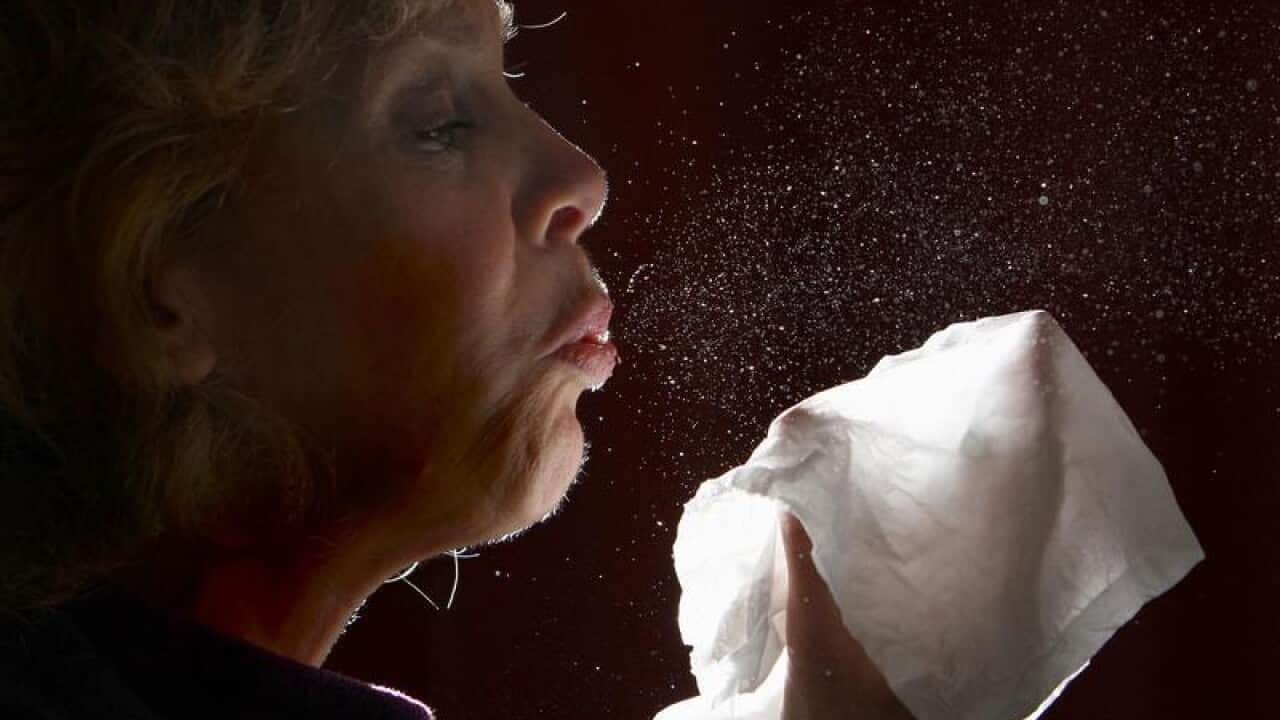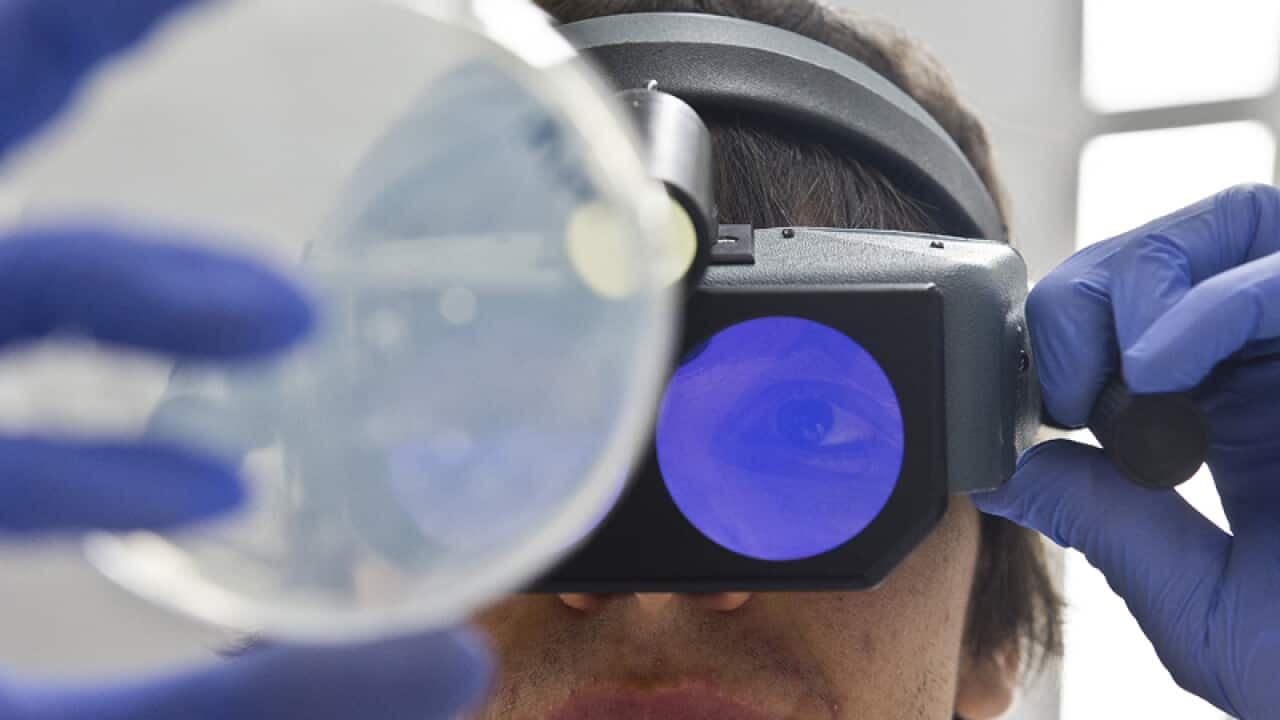More than a thousand cases of unstoppable "super-superbug" bacteria have been found in Australia in the past year, with experts warning more are on the way.
In its first year of operation, Australia's national superbug alert system has detected the new bugs which Professor John Turnidge says are far more dangerous than common multi-resistant bacteria.
Prof Turnidge, senior medical advisor to the government's resistance strategy, says the bugs he calls "super-superbugs" are resistant to all last line defence antibiotics and are near untreatable.
Their emergence has led to the establishment of the National Alert System for Critical Antimicrobial Resistance or CARAlert to collect and instantly share information about infection outbreaks across the country.
Australia joins Sweden as the only countries with national detection systems capable of both identifying multi-resistant bacteria outbreaks and alerting the community in near real time.
But unlike Sweden, Australia's appetite for antibiotics has made the super-superbugs resistant to all drugs, Prof Turnidge and his team have found in the past year.
Doctors and the community must change their mindset on antibiotic use if Australia is to combat super-superbugs into the future, he said.
"Antibiotics are for when you get really sick and need to go to hospital," he said.
Since commencing operations in March 2016, the CARAlert detection system has found the CPE family of bacteria, of which Ecoli is a member, remains endemic in Australia but one finding surprised researchers.
"The gonorrhoea story was one we weren't really ready for," Prof Turnidge said.
The team found clusters of antibiotic resistant gonorrhoea breaking out in one state, then disappearing, only to reappear in another state.
Its instances surpassed the CPE family as the most frequently reported superbug in December 2016 and accounted for more than 60 per cent of all reports in February and March this year.
Researchers were shocked the gonorrhoea bug had become resistant to antibiotics developed as little as two years ago.
Prof Turnidge said the outbreaks, found outside of the medical system, showed superbugs are not just a problem in hospitals but can be found in the broader community as well.
Superbugs first emerged in Australia in the late 1970s when strains of Golden Staph developed resistance to multiple types of antibiotics and became a major problem in Sydney and Melbourne's hospitals.
Although a lot of research has been dedicated to fighting resistant bacteria globally since that time, Prof Turnidge says the threat persists.
"The problem is getting worse and worse slowly across the country," he said.
Share



